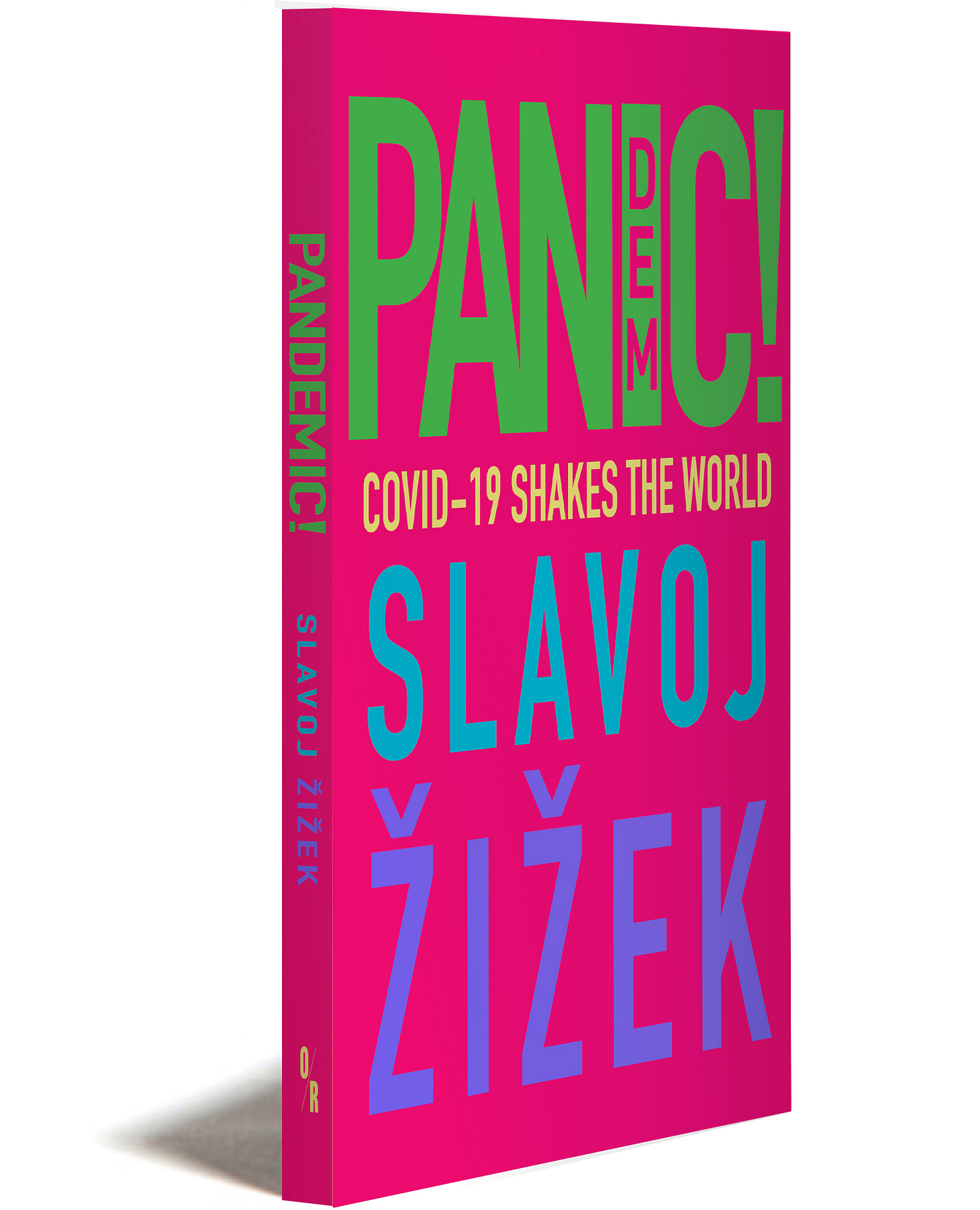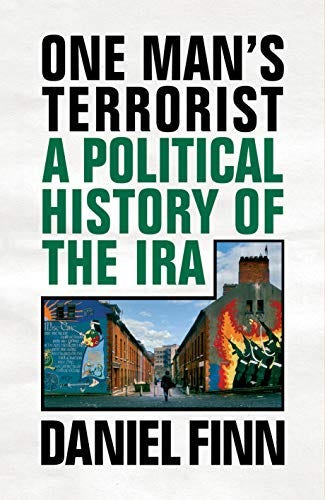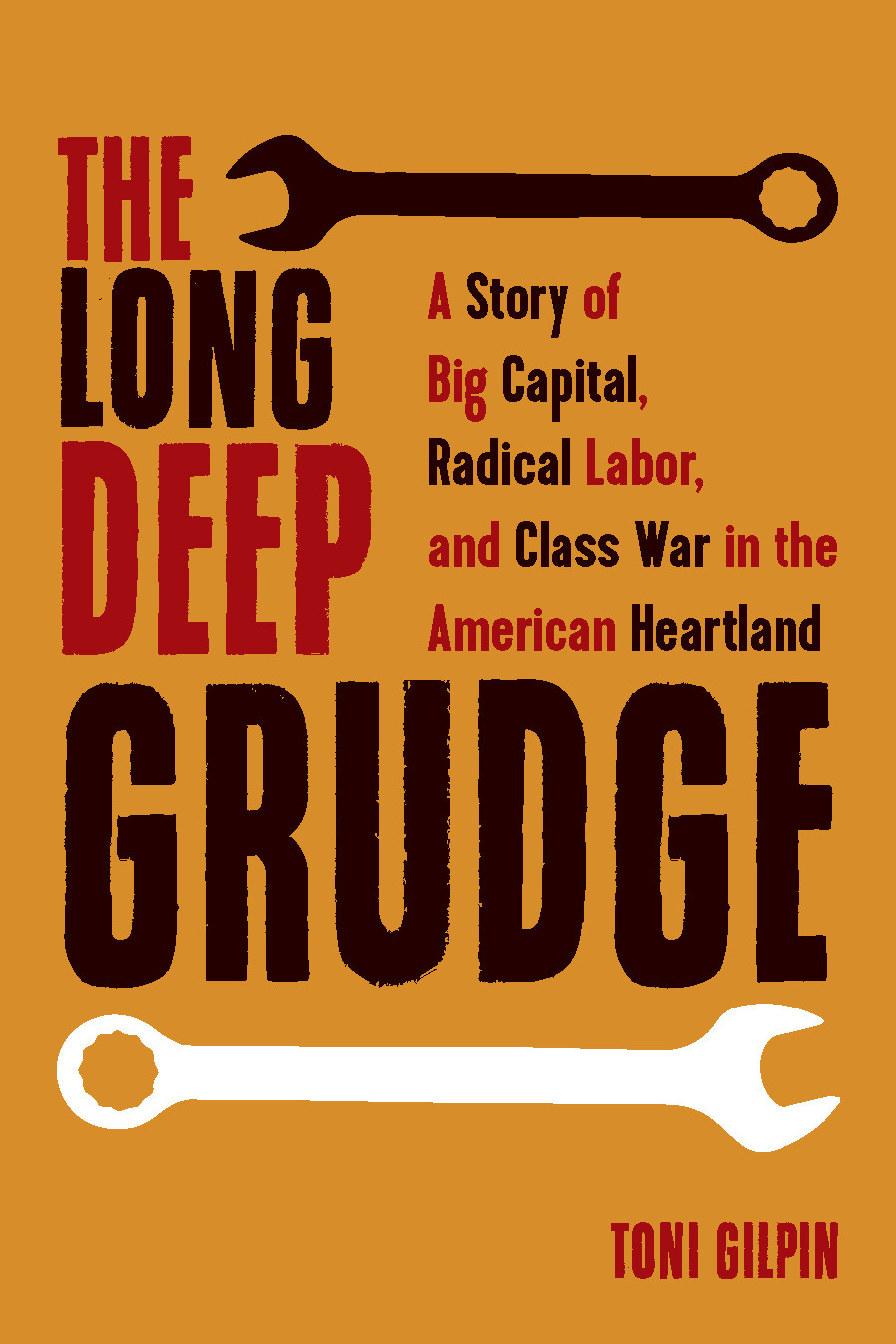You can get all these delivered right to your inbox. Comment, share and sign up today!
This is the second installment of my book recommendation series. You can access the first one here. Every Saturday I will post 3 book recommendations that will mainly be centered around socialism, Marxism, history and political economy. I will also take outside book recommendations from readers who want me to review them in the future. Enjoy!
1.) Pandemic!: COVID-19 Shakes the World by Slavoj Zizek (2020)

This short, pamphlet-style book came out this year. Slavoj Zizek is a Slovenian philosopher and is considered one of the most well-known thinkers in the world. He uniquely combines his Marxism with subjects like Hegelianism, cultural studies and psychoanalysis. He’s often referenced by academics in America as the “most dangerous thinker to the west.” This short work lays out his current thoughts on the ongoing COVID-19 pandemic. It was written in the beginning of the pandemic and has some pretty scary predictions that have come true so far. He posits that in order to avoid future global catastrophe, the world will need to implement a new form of “communism.” He also advocates for a global health network which is badly needed to address global health issues arising from climate change. Zizek constantly searches for a deeper meaning to the pandemic and throws in some Hegelianism and cultural references for good measure. I love this book and it’s a quick read (147 pages) that can be finished in a weekend. It’s also the only book I’ve seen released so far that critiques this pandemic from a philosophical, Marxist approach.
2.) One Man’s Terrorist: A Political History of the IRA by Daniel Finn (2019)

This book by the Jacobin contributor, Daniel Finn, analyzes the different currents that led to the modern insurrectionary Irish Republicanism that the world saw play out during the Troubles (1969-1997). Finn focuses on the radical politics that drove a unique wedge between Catholics and Protestants in Ireland along mostly class lines. Finn explores the issues in Derry and how the Provisional IRA split off from the original IRA. Because much of the history written on Irish Republicanism is framed from an Ulster/British perspective, readers of this book come to a better understanding of what actually defines Irish Republicanism. While those looking for a deeper analysis into the early days of Irish Republicanism, the civil war and the Easter Rising time period will have to look elsewhere, the book does cover the most dangerous times during the Troubles from the late 1960s to the early 1990s. It’s a great primer for those who know little on this often misunderstood political topic. Coming in at just 228 pages, it too can be read in a weekend.
3.) The Long Deep Grudge: A Story of Big Capital, Radical Labor and Class War in the American Heartland by Toni Gilpin (2020)

This book by renowned labor historian, Toni Gilpin, takes a different look at the history of labor relations in America. Through the eyes of her father (who was involved in the Farm Equipment Union work in the 1940s and 1950s) and those who worked in the FE, Gilpin analyzes the history of labor relations specifically within one company, International Harvester. Gilpin notes that many socialists and communist organizers were involved in union work throughout this time period in American history and their stories need to be told for today’s readers. Because much of this history has been lost, it’s refreshing to see it told from someone who actually grew up in the movement. Labor unions and their impact have long since died out in America, especially after the Taft-Hartley Act limited their abilities to strike. Although not a primer on labor relations, it’s a tough but necessary read. This is especially true given the context of today, while mega-corporations use their monopoly power to crush Americans during this ongoing pandemic. It’s 425 pages and will need some dedication to get though, since there are parts that do drag on.



